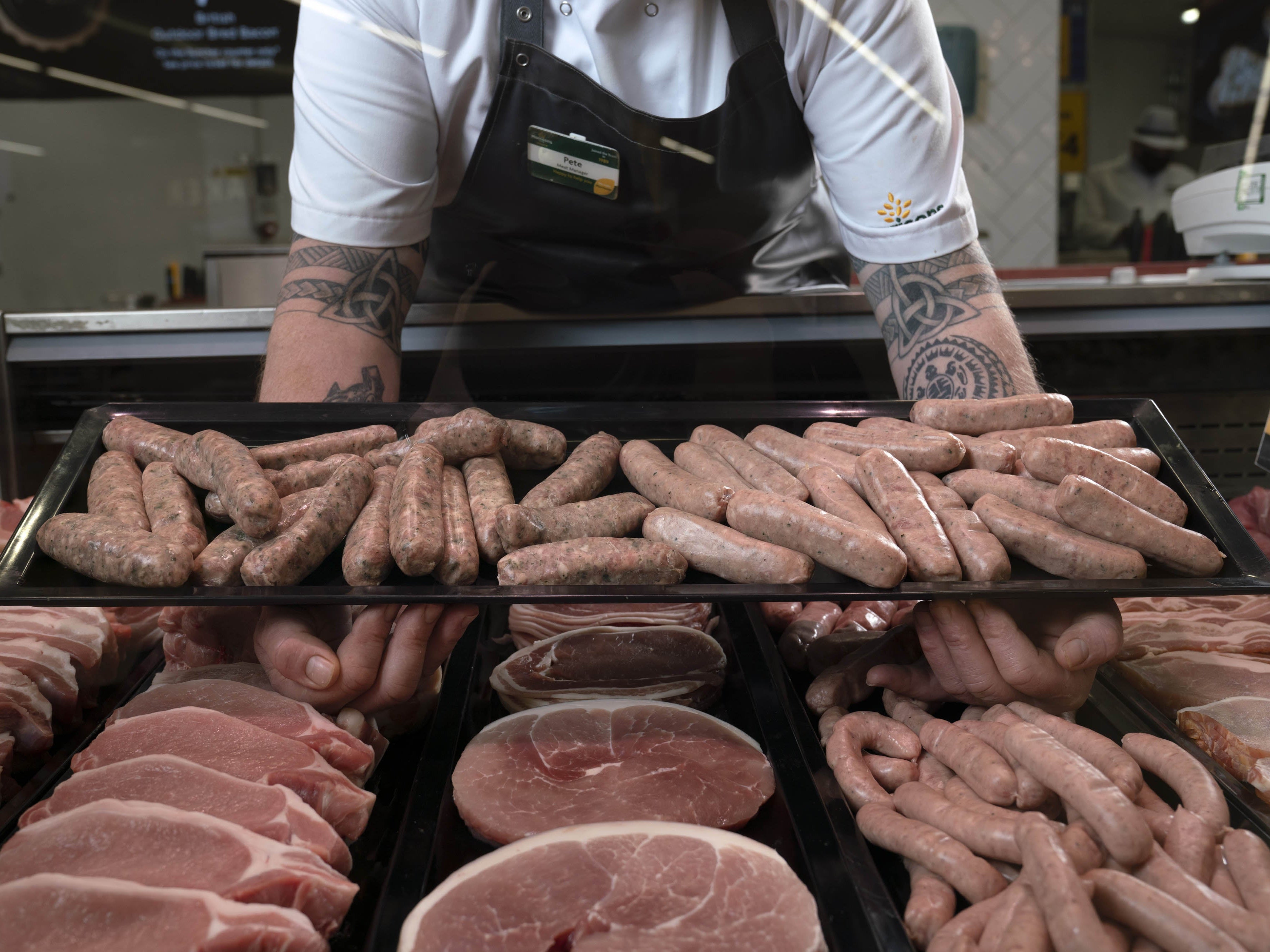Customers shun red meat after carbon footprint added to weekly shop receipts
Norwegian online grocer Oda began telling customers environmental impact of their purchases last year

A Norwegian online grocer has seen a drop in the number of carbon-intensive products sold since introducing receipts that tell shoppers how environmentally sound their shopping basket is.
Oda says orders for red meat and other less sustainable goods have fallen because customers are aware of their high carbon footprint thanks to the receipts.
The online grocer also eschews multi-buy offers on less sustainable goods to reduce unnecessary consumption and delivers using reusable cardboard boxes instead of plastic bags.
Louise Fuchs, sustainability director at Oda, said: “Our customers told us that they find it close to impossible to know what is climate-friendly. We thought it was an important challenge to solve so we started looking for easy ways to communicate emissions.
“We do not want to point fingers and tell our customers what to buy and what to avoid – climate receipts arrived because of what our customers asked for.

Oda worked with Cicero, a Norwegian climate research institute, to group products into high, medium and low emissions. It began telling customers the carbon footprint of their purchases in January last year.
Ms Fuchs added: “We have had great feedback from the customers on the solution. It is supporting an already growing trend – one in every five burgers sold is now vegetarian and the popularity of vegetarian meals generally has grown.
“Lentil soup was one of our top ten sold recipes last year - the previous years it was nowhere near the top ten.
“Our customers buy more than 50 per cent more fruit and veg than the average consumer and meat substitutes are growing 80 per cent year-on-year since we added the carbon receipts.
“We were the first in Norway to create the climate receipt and a year after we have seen examples of other grocers following the trend. This is great news for the consumers and we hope more will follow.”
Join our commenting forum
Join thought-provoking conversations, follow other Independent readers and see their replies
Comments
Bookmark popover
Removed from bookmarks